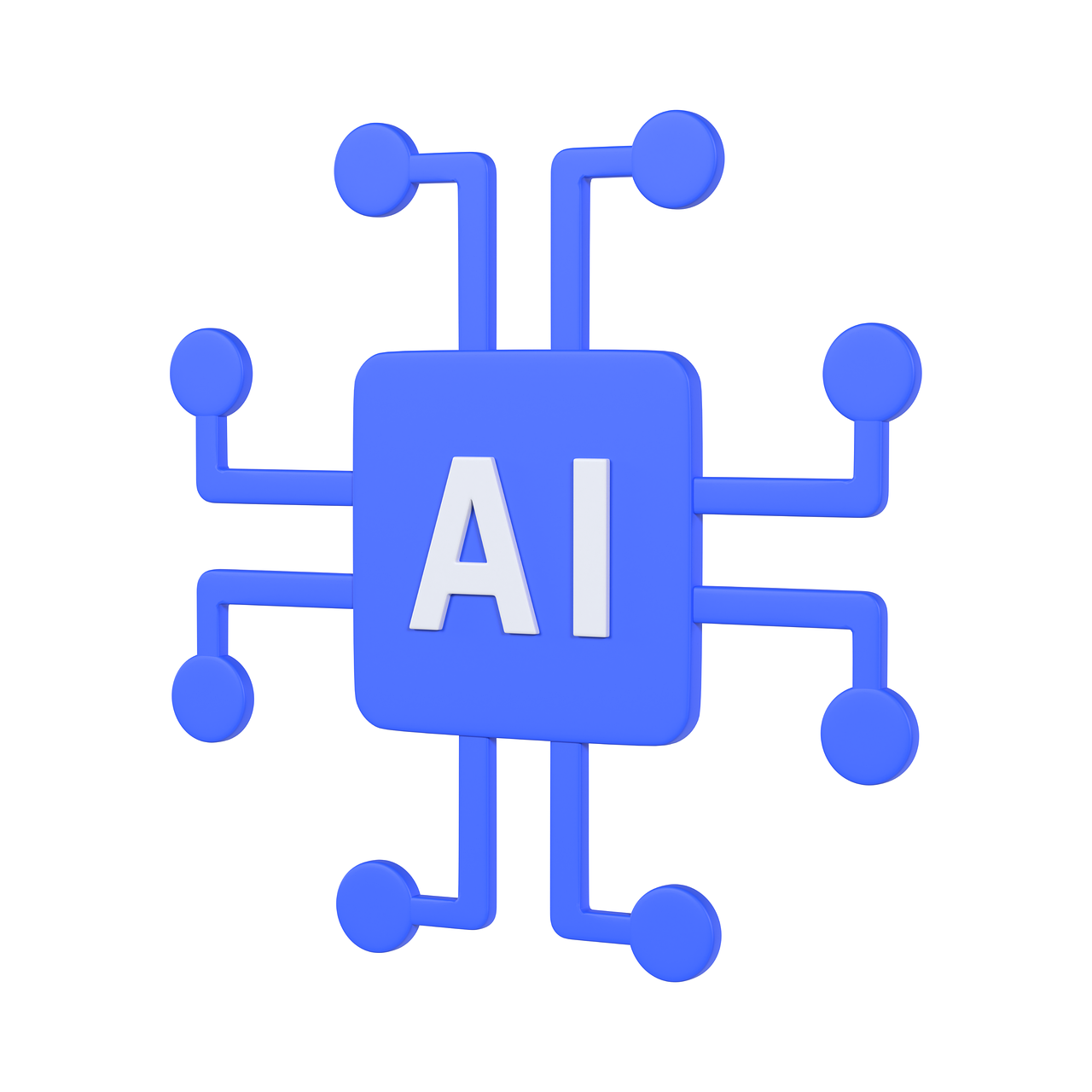None

Brief news summary
NoneThe latest annual McKinsey Global Survey reveals that generative artificial intelligence (gen AI) tools are experiencing explosive growth. Within less than a year of debut, one-third of survey respondents report regular use of gen AI in at least one business function. Company leaders, including nearly one-quarter of C-suite executives, are personally utilizing gen AI tools for work. Additionally, gen AI is already on the agenda for more than one-quarter of companies using AI, leading 40 percent of respondents to indicate increased investment in AI due to advances in gen AI. However, the survey also highlights that managing gen AI-related risks is still in its early stages, with less than half of respondents mitigating the most relevant risk of inaccuracy. Organizations with embedded AI capabilities have been the first to explore gen AI's potential, outpacing others in adoption. While gen AI may drive the adoption of other AI tools, there has been limited increase in overall technology adoption, which remains concentrated in a few business functions. Despite gen AI's nascent availability, experimentation with the tools is already common, with widespread interest and interaction among individuals across regions, industries, and seniority levels. Notably, gen AI is commonly used in marketing and sales, product and service development, and service operations. Respondents anticipate significant workforce changes and disruptions due to gen AI, with expectations for its impact in the next three years being high. Industries relying heavily on knowledge work, such as technology and finance, are expected to experience the most disruptive changes. However, few companies seem fully prepared for widespread gen AI use or the associated business risks. Just 21 percent of respondents with AI adoption report established policies for gen AI use and there is a lack of mitigation efforts for common risks like inaccuracy.
The survey identifies AI high performers as organizations that derive significant value from AI. These organizations embrace both gen AI and traditional AI capabilities, utilizing them in various business functions. They invest more heavily in AI and are twice as likely to focus on creating new businesses and revenue sources with gen AI. However, even AI high performers face challenges in capturing AI value, primarily related to model and tool management. Strategic elements of AI adoption can be challenging for others, requiring adequate resources and clearly defined AI visions. While gen AI tools are rapidly spreading, they are not driving overall AI adoption significantly. The share of organizations adopting AI remains stable, indicating limited scope. Product and service development, along with service operations, show the highest adoption rates. Only 23 percent of respondents attribute at least 5 percent of their organizations' EBIT to AI use, suggesting untapped potential for value capture. Despite this, organizations expect to increase AI investment in the coming years and report revenue increases in the business areas where AI is utilized. The online survey, conducted in April 2023, received responses from 1, 684 participants representing various regions, industries, company sizes, functional specialties, and tenures. The data has been weighted based on contributors' national GDP to adjust for response rate differences.
Watch video about
None
Try our premium solution and start getting clients — at no cost to you

I'm your Content Creator.
Let’s make a post or video and publish it on any social media — ready?
Hot news

AI & Digital Marketing Trends
The 'AI & Digital Marketing Trends' newsletter is becoming an essential resource for professionals aiming to stay updated on the latest advancements at the intersection of artificial intelligence and digital marketing.

Free AI News Video Generator: Text to Video News …
Vidnoz AI News Generator marks a significant breakthrough in news production technology, providing an innovative solution for creating high-quality breaking news videos with exceptional efficiency and versatility.

Leveraging AI for Advanced SEO Analytics and Repo…
In today’s highly competitive digital marketing environment, the importance of search engine optimization (SEO) is paramount.

Artificial Intelligence - AI Update, February 6, …
Here is a rewritten and summarized version of the selected AI news and developments over the past week, maintaining almost the same volume of information: Anthropic has launched Claude Opus 4

AI Video Recognition Enhances Security Systems
In recent years, security systems have advanced significantly due to the integration of artificial intelligence (AI) video recognition technologies, revolutionizing surveillance by enabling more precise identification of individuals and objects in video footage.

Google's AI Mode and Overviews Reshape Search Exp…
Google has unveiled two major innovations poised to revolutionize user interaction with search engines: AI Mode and AI Overviews.

Muster Agency: Leading AI-Powered Social Media Ma…
Muster Agency is quickly emerging as a leading figure in AI-powered social media marketing, offering a wide array of services designed to boost businesses’ online presence through cutting-edge technology.
AI Company
Launch your AI-powered team to automate Marketing, Sales & Growth

and get clients on autopilot — from social media and search engines. No ads needed
Begin getting your first leads today








